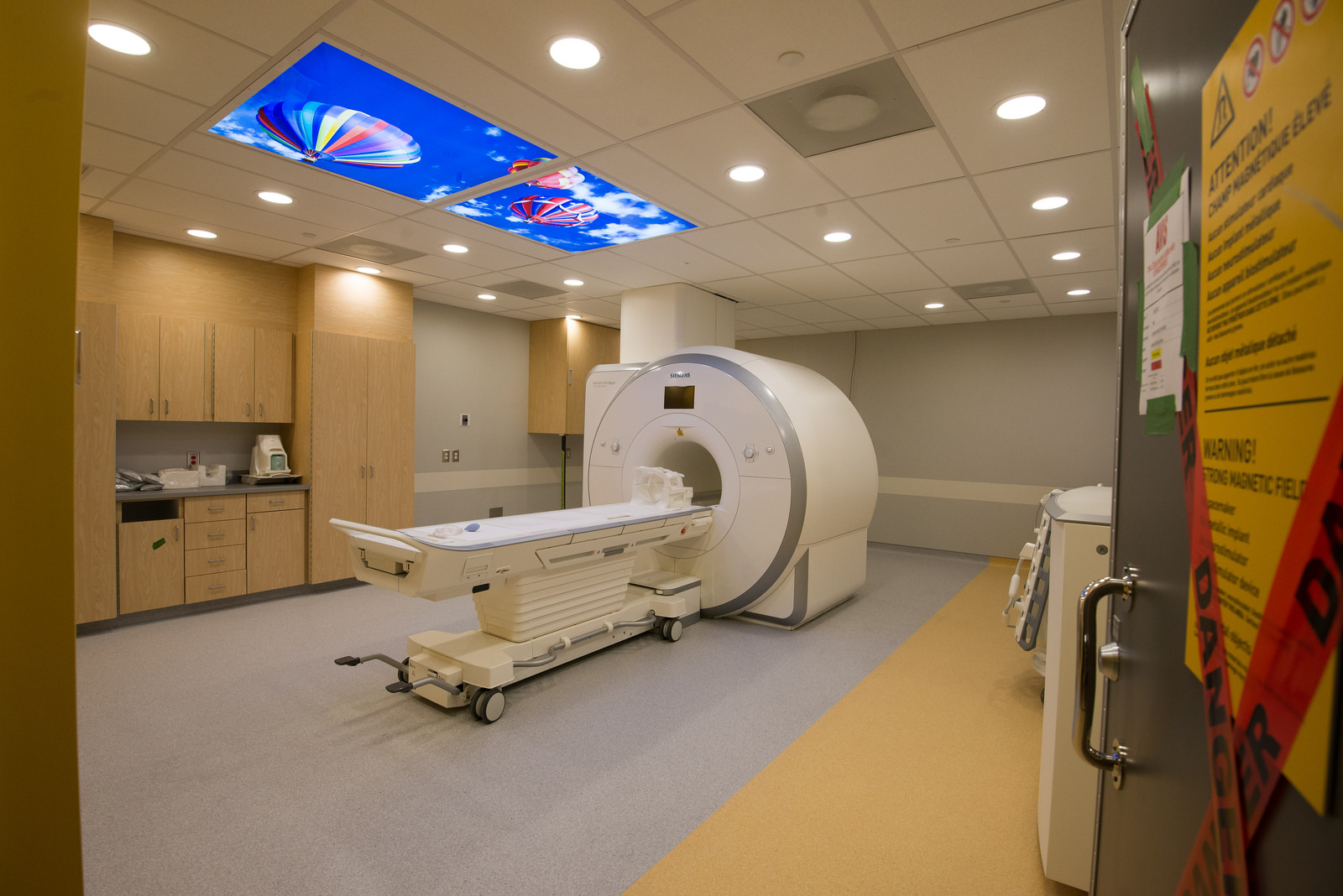Evaluation and Treatment of Infertility in Jaipur

REQUEST A CALL BACK
INFERTILITY EVALUATION & TREATMENT
 If you are under the age of 35 and you and your partner have been trying to conceive for one year without success; or if you are over the age of 35 and have been unsuccessful after trying to conceive for six months, it is time to seek medical treatment for infertility.
If you are under the age of 35 and you and your partner have been trying to conceive for one year without success; or if you are over the age of 35 and have been unsuccessful after trying to conceive for six months, it is time to seek medical treatment for infertility.
The first step in overcoming infertility is to perform what is called the infertility evaluation. We realize that most patients have limited resources to dedicate to building a family and our philosophy is to treat patients as quickly, effectively and inexpensively as possible…making the best use of all available resources. The main concern during the evaluation is to only conduct the tests that will give the physician clues to the cause of infertility and ultimately lead to the development of an effective treatment plan. There are a number of tests that have traditionally been run as part of the initial work up but may be unnecessary in many cases, such as the diagnostic laparoscopy, post coital test and endometrial biopsy.
The results of the evaluation lead the physician to determine the cause of infertility which is most often related to age, ovulatory disorder, tubal factor or male factor.
History and Physical
The first step for many couples seeking medical treatment for infertility is to discuss their inability to conceive with an OB/GYN. The OB/GYN will review the couple’s medical history and conduct a complete physical on the female. The evaluation of the male’s medical history includes a discussion of previous pregnancies, developmental problems, surgeries, testicular trauma or infections and environmental exposure. The female medical history includes review of previous pregnancies, painful periods or pelvic pain, infections and previous surgeries. The age of the patient must be taken into consideration when developing a cost-effective, medically appropriate evaluation and treatment plan. While there is little necessity to initiate aggressive therapy for a 20-year old with unexplained infertility, those over 35 deserve a more aggressive approach.
Based on the results of the medical history evaluation and physical, the OB/GYN will often recommend that the couple see a reproductive endocrinologist for a routine infertility work-up to determine the cause of infertility. After the cause is determined, your physician will work with you to develop a personalized treatment plan that will help you build the family of your dreams
Hormone Evaluation
Hormonal studies measure the levels of certain hormones produced by your body during each menstrual cycle. Hormones affect every step necessary in achieving pregnancy from stimulating the development of an egg to ovulation and implantation of a fertilized egg in the uterus. If the hormones that affect fertility are not produced in specific amounts at specific times during your cycle, your chances of conceiving a child may be greatly inhibited.
Your physician may run tests to determine the levels of the following hormones that play a role in ovulation and implantation of the egg:
Your physician may run tests to determine the levels of the following hormones that play a role in ovulation and implantation of the egg:
- Estradiol – stimulates the growth of the follicles and the production of cervical mucus from the cervix, and prepares the uterine lining for implantation of a fertilized egg
- Follicle stimulating hormone (FSH) – stimulates the development of the egg
- Luteinizing hormone (LH) – stimulates the release of the egg from the follicles
- Progesterone – stabilizes the uterine lining for implantation of a fertilized egg and supports early pregnancy
The overproduction of the following hormones can negatively affect ovulation:
- Androgens – normally small amounts of androgens (testosterone) are produced in women; excess production can interfere with development of the follicles, ovulation and cervical mucus production
- Prolactin – stimulates milk production; prolactin levels may be higher than normal in certain disorders or when certain medications are taken
- Thyroid – an underactive thyroid can result in high prolactin levels
Post Coital Test
Near the time you ovulate each month, estrogen production from the ovaries stimulates mucus production by your cervix. Sperm must penetrate and swim through this mucus, then travel through the reproductive tract to reach the egg for fertilization. In some cases, there is an incompatibility between the sperm and the cervical mucus, causing the sperm to become immobile or die, thus preventing fertilization. The postcoital test (PCT) evaluates the interaction between the sperm and your cervical mucus at a time near ovulation to determine if an incompatibility exists. Abnormal mucus may occur because of infections, surgery or clomid therapy. The PCT is a poor predictor of pregnancy success, but may be useful to determine the need for intrauterine insemination. If it is done too early before ovulation or too late after, the results may be falsely abnormal.
Call Now!
Book An Appointment!
Explore our Hospital
Rajat Hospital is dedicated to improving the quality of care for the patients who suffer a heart attack and related illnesses.








